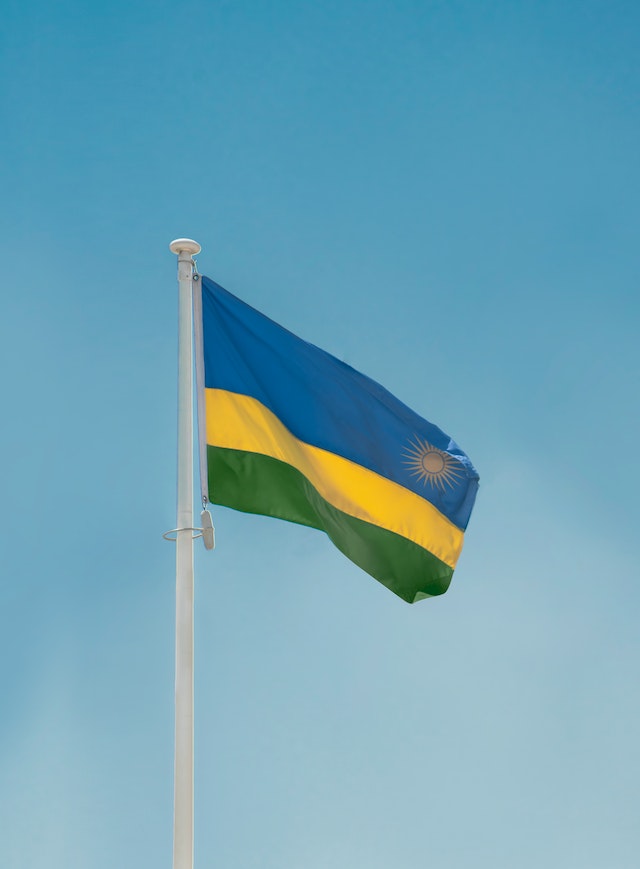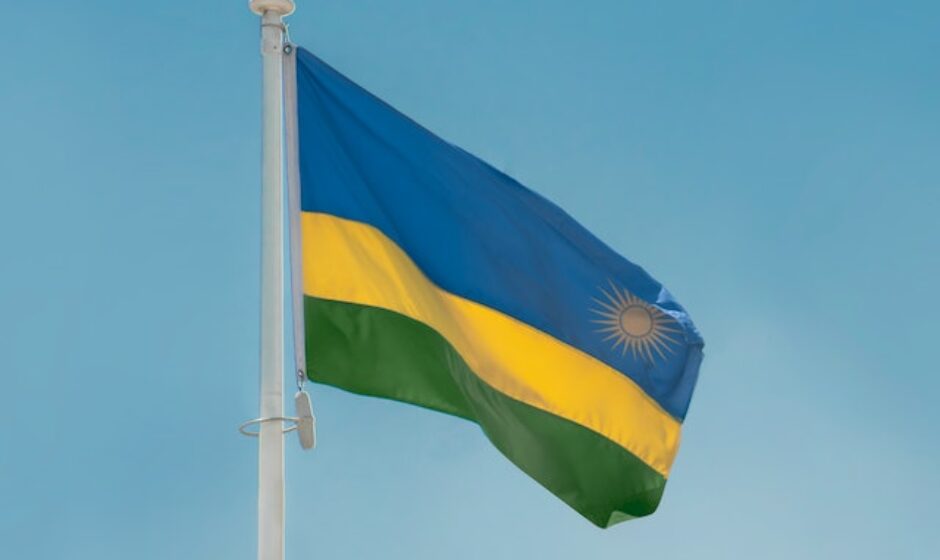Love is a universal language, but the way it’s expressed and celebrated can vary significantly from one culture to another. The Love in Rwanda, a country known for its stunning landscapes and rich cultural heritage, is deeply rooted in tradition and often celebrated through unique customs and rituals. In this article, we’ll explore some of the intriguing and heartwarming love customs that are prevalent in Rwandan culture.

The Gukunda Iwacu Ceremony
One of the most significant love customs in Rwanda is the “Gukunda Iwacu” ceremony, which translates to “loving our home.” This ceremony involves the formal introduction of a couple to their respective families and the wider community. It’s a way of declaring their love and commitment to each other publicly.
The ceremony typically takes place in the bride’s family home, where the groom and his family bring gifts, including traditional items like cows, which hold significant cultural value. The number of cows presented symbolizes the depth of the groom’s love and his ability to provide for the bride. The event is marked by song, dance, and the sharing of food and drinks.
Bride Wealth (Dowry) Tradition
In Rwandan culture, the groom traditionally presents a bride wealth, known as “Gusaba,” to the bride’s family. This can include livestock, clothing, jewelry, and other valuable items. While this practice has evolved and is no longer considered a direct payment for the bride, it remains a symbolic gesture of appreciation and commitment.
Umuganda – Community Bonding
Rwanda’s commitment to community and family is reflected in the monthly “Umuganda” tradition. On the last Saturday of each month, Rwandans come together to engage in community service activities. While not directly related to love, Umuganda highlights the importance of collective responsibility and unity, qualities that are highly valued in relationships and marriages.
Traditional Wedding Attire
Rwandan wedding attire is a colorful and significant aspect of love customs. Traditional Rwandan weddings often feature brides wearing elaborate dresses known as “Umushanana,” which are adorned with bright colors and intricate patterns. The attire reflects cultural pride and plays a role in showcasing the couple’s love for their heritage.
The Agasaro Ceremony
Rwanda’s Agasaro ceremony, also known as the “marriage blanket” ritual, is a symbolic expression of love and unity. During the ceremony, the couple shares a blanket to signify their commitment to staying warm and close together, even in the face of challenges. This act symbolizes their promise to provide comfort and protection for each other throughout their lives.
Traditional Dances
Dance is an integral part of Rwandan culture and is often used to celebrate love and togetherness. Traditional dances like “Intore” and “Umushagiriro” are performed at weddings and other significant life events. These dances express the joy and excitement of love and marriage through graceful movements and vibrant costumes.
Honoring Ancestors
Love and respect for ancestors are essential in Rwandan culture. Many couples visit ancestral gravesites before or after their wedding to seek blessings and guidance from their forebears. This tradition underscores the importance of connecting the past with the future and emphasizes the continuation of family bonds.
Post-Wedding Rituals
After the wedding ceremony, couples often participate in additional customs. These can include the “Umugombwa” tradition, where the bride is carried over a threshold to her new home, and the “Kumugarura” ritual, in which the couple shares a meal with their families. These post-wedding rituals further cement the bonds between the couple and their loved ones.
Love in Rwanda reflect the country’s deep cultural heritage and the importance of community, family, and tradition in matters of the heart. These rituals and traditions not only celebrate love but also emphasize the values of unity, respect, and responsibility within relationships and families. In Rwanda, love is not just a personal affair but a shared celebration of culture and community.


